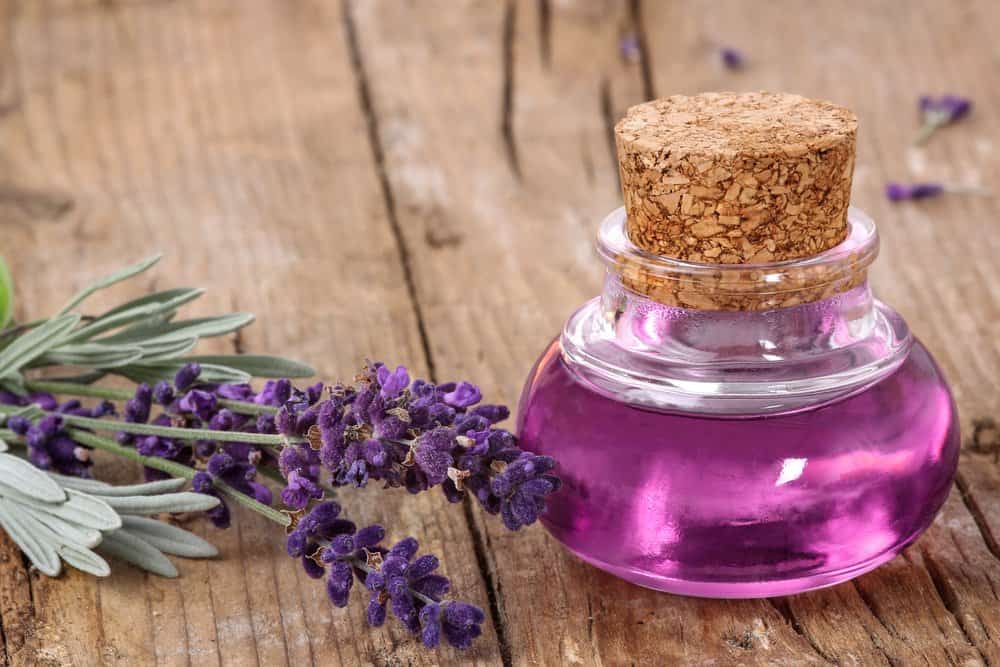Acne is a widespread condition affecting individuals from adolescence through adulthood, with a significant number of people grappling with its appearance well into their middle ages. While acne may seem like a predominantly youthful concern, it’s not uncommon for it to persist or even first emerge beyond one’s 30s and 40s. As we examine the various approaches to managing this pervasive skin issue, it’s imperative to acknowledge that one size does not fit all when it comes to treatment effectiveness.
Essential oils, though not a guaranteed remedy, have a long history of use in holistic medicine, with roots tracing back to ancient civilizations such as Egypt and India. These natural extracts were integral to early medical practices and remain relevant today in modern wellness circles. Exploring the use of essential oils specifically for acne presents an opportunity to understand their potential role in a broader context of personalized skincare routines.
Chapter Overview
Where Can Acne Appear?
Acne, a widespread skin condition, manifests where sebum production and hair follicles are abundant. Particularly in acne-prone skin, these areas are vulnerable:
- Face: The central stage for acne, the face, from forehead to chin, is often affected due to its high oil gland density.
- Back: A common site for acne, as the back has numerous sebum-producing glands, which can lead to more persistent forms of acne.
- Chest: Clusters of pimples can emerge on the chest, especially under tight clothing that may trap sweat and bacteria.
Acne comes in various types, such as:
- Whiteheads: Closed pores clogged with sebum and dead skin.
- Blackheads: Open pores clogged with sebum that gets oxidized, turning black.
- Papules: Small, inflamed, tender pink bumps.
- Pustules: Similar to papules but topped with white or yellow pus.
It’s important to recognize that sensitive or oily skin types may be more prone to acne. Hormonal fluctuations can also exacerbate or trigger outbreaks. For those struggling with acne, a variety of treatments are available, ranging from over-the-counter options to dermatologist-prescribed therapies. Essential oils have also gained popularity for their simplicity and known constituents.
Best Essential Oils For Acne

Lavender
We recommend using lavender oil for treating various skin conditions, including acne. Blending 5 drops of lavender with 1 teaspoon of witch hazel creates an effective topical remedy. Gently dab this mixture onto the affected areas thrice daily to help soothe irritated skin.
Oregano oil
Oregano oil, with its key compound carvacrol, exhibits strong antimicrobial traits, making it beneficial for acne management. A blend of equal parts oregano oil and jojoba oil, applied overnight, can significantly improve acne symptoms. This combination should be used with caution on sensitive skin.
Frankincense oil
We value frankincense oil as a traditional and effective treatment for skin ailments. Mixing 10 drops of frankincense with 5 drops of lavender oil in lukewarm water and applying it to your blemishes twice daily has been shown to reduce the appearance of acne.
Peppermint essential oil
Peppermint is a versatile essential oil. You can enhance your skincare routine by adding peppermint oil to an unscented lotion, which may provide a preventive measure against acne flare-ups.
Lemon essential oil
Lemon oil is renowned for its antibacterial capabilities. When blended with a carrier oil, it helps exfoliate the skin, remove dead cells, and brighten the skin tone, which can be particularly beneficial for those dealing with acne.
Eucalyptus
Our experience with eucalyptus oil shows that it is effective in combating the bacteria that cause acne. Integrating a few drops into your daily skincare regimen, mixed with a carrier like unscented lotion, can help maintain clear skin.
Geranium essential oil
Geranium oil’s anti-inflammatory and antimicrobial qualities make it an excellent choice for acne-prone skin. Regular application can clean the skin while preventing inflammation and redness.
Grapefruit
Oils containing grapefruit are often chosen for their strong antibacterial properties, which can accelerate the healing of pimples, both on the skin’s surface and beneath.
Tea tree oil
Tea tree oil stands out as an especially powerful natural remedy for acne. However, due to its strength, it’s important to dilute it properly with a carrier oil before application to avoid irritation.
Bergamot
Bergamot oil, extracted from the peel of its citrus fruit, serves as an effective antiseptic and promotes skin cell regeneration. Its stress-relieving properties also make it a useful inclusion in aromatherapy, addressing underlying causes of acne.
How To Use Essential Oils For Acne
To manage acne effectively, we recommend incorporating essential oils into your skin care routine. Essential oils must be diluted with a carrier oil such as jojoba, coconut, or olive oil. This is crucial to prevent irritation and to safely convey the oil’s benefits to your skin.
For topical treatment, combine 2-3 drops of an essential oil with a carrier oil and apply it to the affected area. This method directly targets acne and can aid in reducing the appearance of scars.
Here are steps to create a daily face wash that can help clear clogged pores:
- Face Wash Recipe:
- 1 tablespoon Coconut Oil
- 3 tablespoons Honey
- 1 tablespoon Apple Cider Vinegar
- 2 capsules Live Probiotics
- 20 drops Essential Oil
Mix these ingredients, store the mixture in a cool place and use it to cleanse your face daily. This concoction is designed to nourish the skin and balance bacteria levels.
Additionally, a Lavender Soap Bar is excellent for skin hydration and can contribute to managing acne outbreaks. Always perform a patch test before fully incorporating any new topical application. If irritation occurs or if you have concerns regarding your acne treatment, consult a dermatologist. These methods can be used as part of a holistic approach to enhance skin health and support collagen production.

